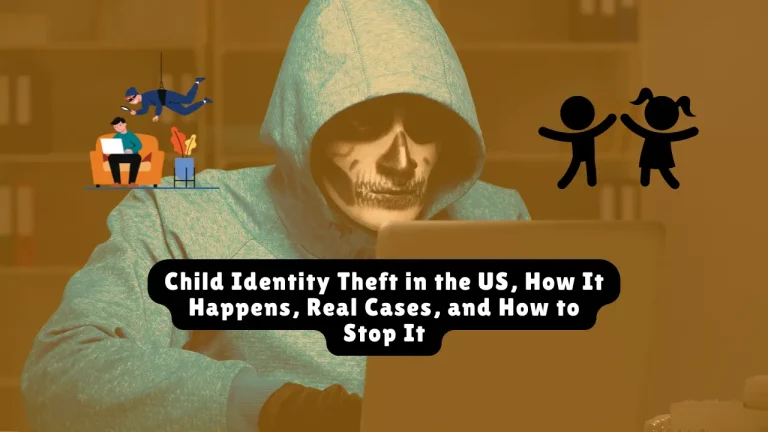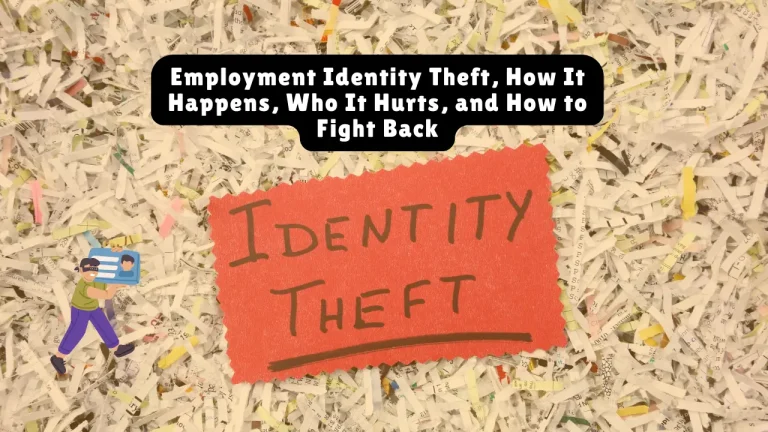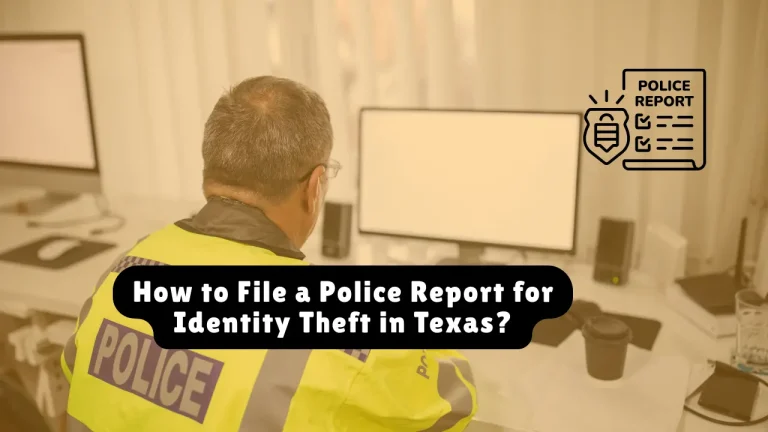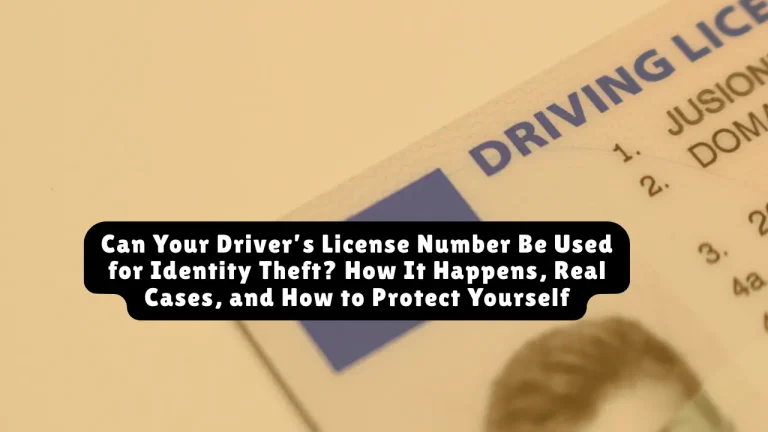How to See All Accounts Associated with Your Social Security Number in 2025
Your Social Security number (SSN) is more than just a string of digits—it’s the key to your financial identity. When compromised, it can open the door to credit fraud, tax scams, and stolen benefits. In 2023 alone, 69% of data breaches exposed SSNs, and over 1.4 million identity theft reports were filed with the FTC—many…









